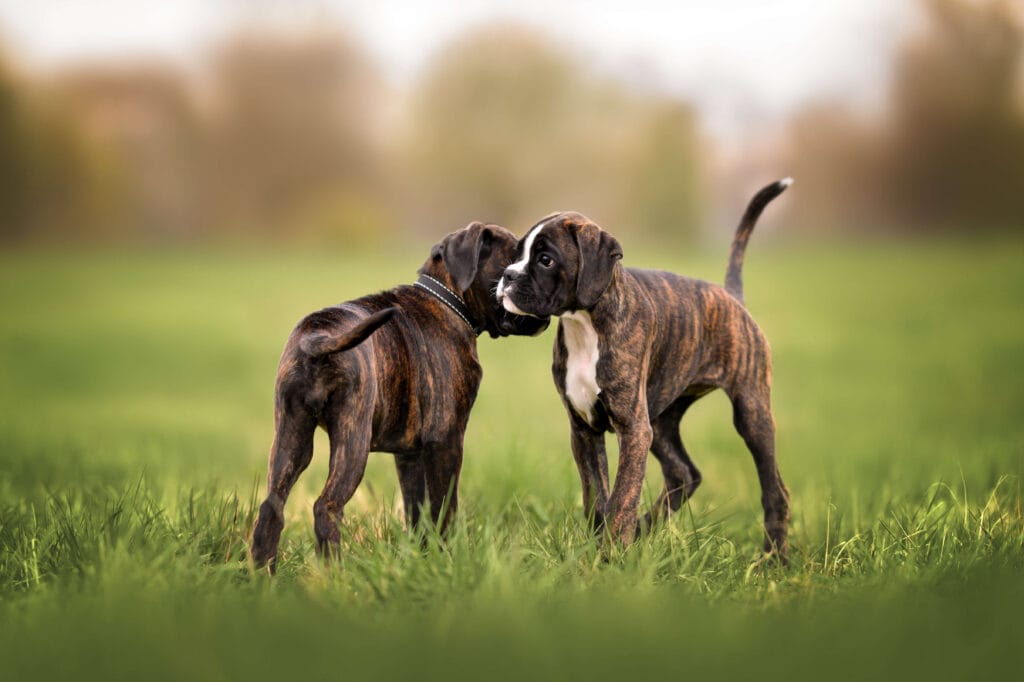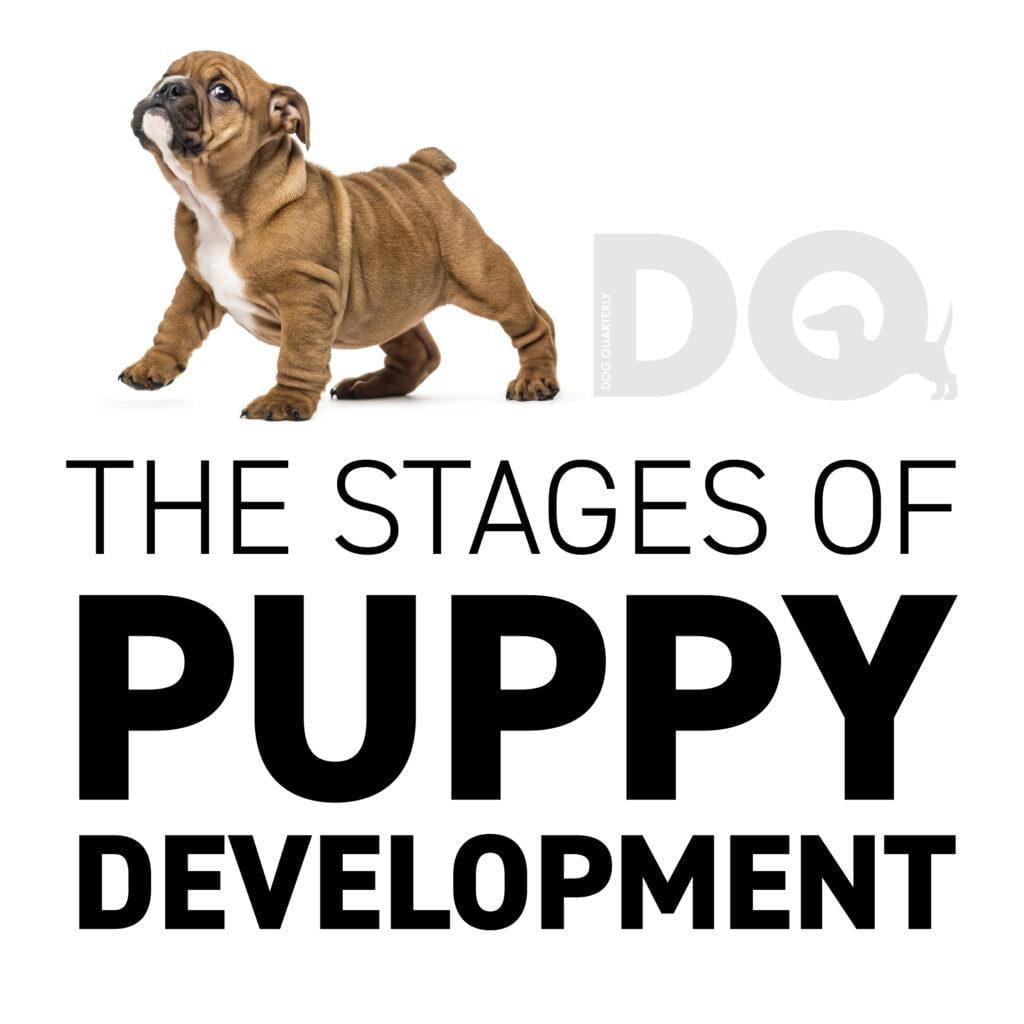Q: I’ve just got a new puppy. What is the best way to socialise him?
A: Congratulations on welcoming a new puppy into your life! Socialisation is a crucial aspect of raising a well-adjusted and confident canine companion, so it’s great that you are thinking about this from the very start. Here are our top tips for socialising your puppy:
- Chat to your vet first: Don’t socialise your puppy without permission from your vet. Vaccinations are crucial for safe socialisation, so make sure your vet is happy for your dog to socialise in terms of his current vaccination status.
- Start early: Socialisation should begin as soon as possible. The first few months are termed a critical period, and this is when puppies are most receptive to new experiences and less likely to develop fear or anxiety towards unfamiliar people, animals, and environments.
- Positive experiences: Focus on creating positive experiences for your puppy during socialisation. Introduce them to a wide variety of people, including men, women, children, and individuals of different ages, and appearances. Encourage gentle handling and interactions, offering treats and praise to reinforce positive associations.
- Expose to different environments: Take your puppy to various environments, including parks, beaches, stores, and streets. Expose them to different surfaces, sounds, sights, and smells, gradually increasing the level of stimulation as they become more comfortable and confident.
- Introduce to other dogs: Arrange playdates with other well-socialised and vaccinated dogs to allow your puppy to learn appropriate social behaviours and canine communication skills. Choose dogs that are friendly, gentle, and tolerant of puppies, and supervise interactions to ensure safety and positive experiences for all parties involved.
- Enroll in puppy classes: Puppy socialisation classes provide a structured environment for puppies to interact with their peers under the guidance of experienced trainers. These classes offer valuable opportunities for socialisation, obedience training, and learning essential skills such as bite inhibition, impulse control, and basic manners.
- Expose to different stimuli: Introduce your puppy to various stimuli they may encounter in everyday life, such as loud noises, traffic, bicycles, vacuum cleaners, and grooming tools. Use positive reinforcement to help your puppy develop confidence and resilience in the face of new and potentially scary stimuli.
- Monitor body language: Pay close attention to your puppy’s body language during socialisation encounters. Look for signs of stress, fear, or discomfort, such as cowering, trembling, lip licking, yawning, or avoidance behaviours. If your puppy shows signs of distress, remove them from the situation and try again later in a more controlled and gradual manner.
- Be patient and consistent: Socialisation is a gradual process that requires patience, consistency, and positive reinforcement. Take your time and allow your puppy to progress at their own pace, celebrating each small success along the way. Remember that socialisation is an ongoing process that continues throughout your dog’s life.
By following these tips and providing your puppy with positive experiences and gentle guidance, you can help them develop into a happy, confident, and well-socialised canine companion. Enjoy the journey of socialisation and bonding with your new puppy; we wish you lots of luck!



